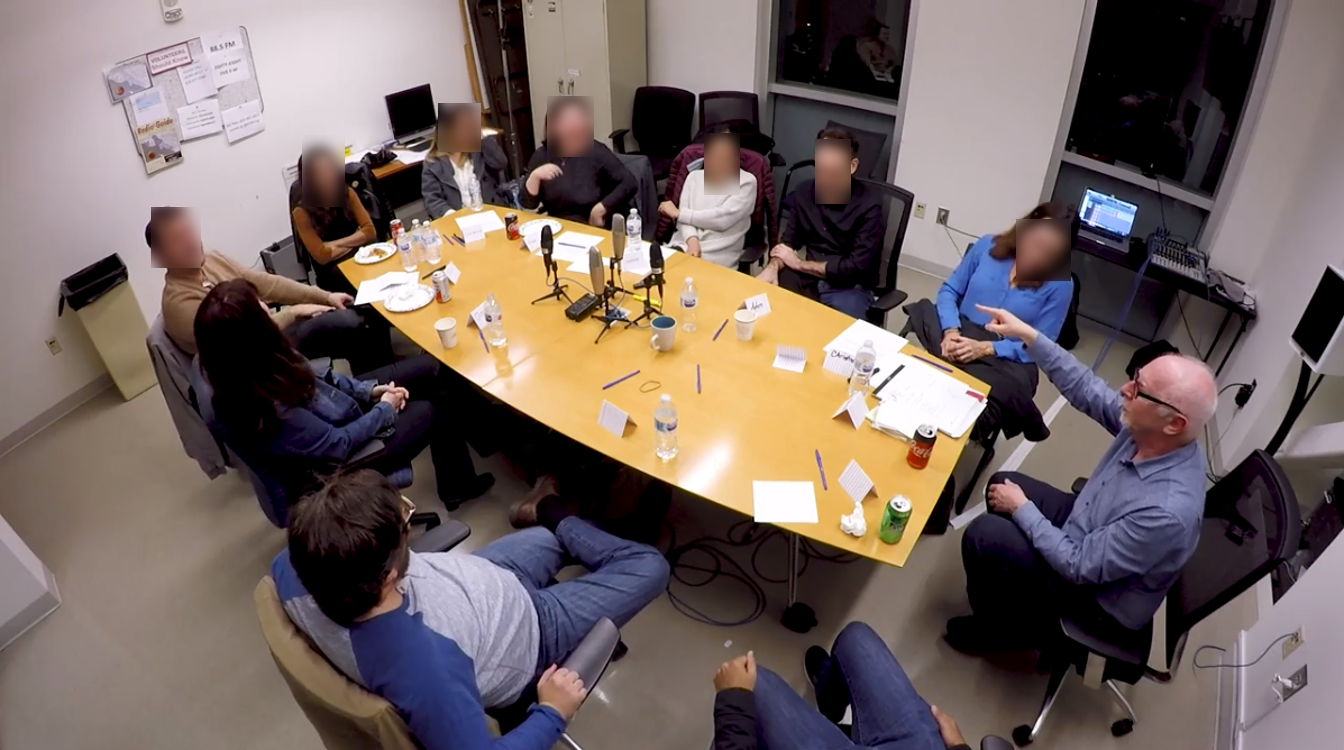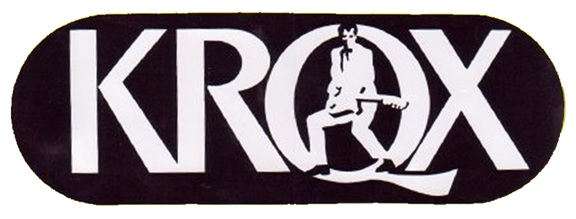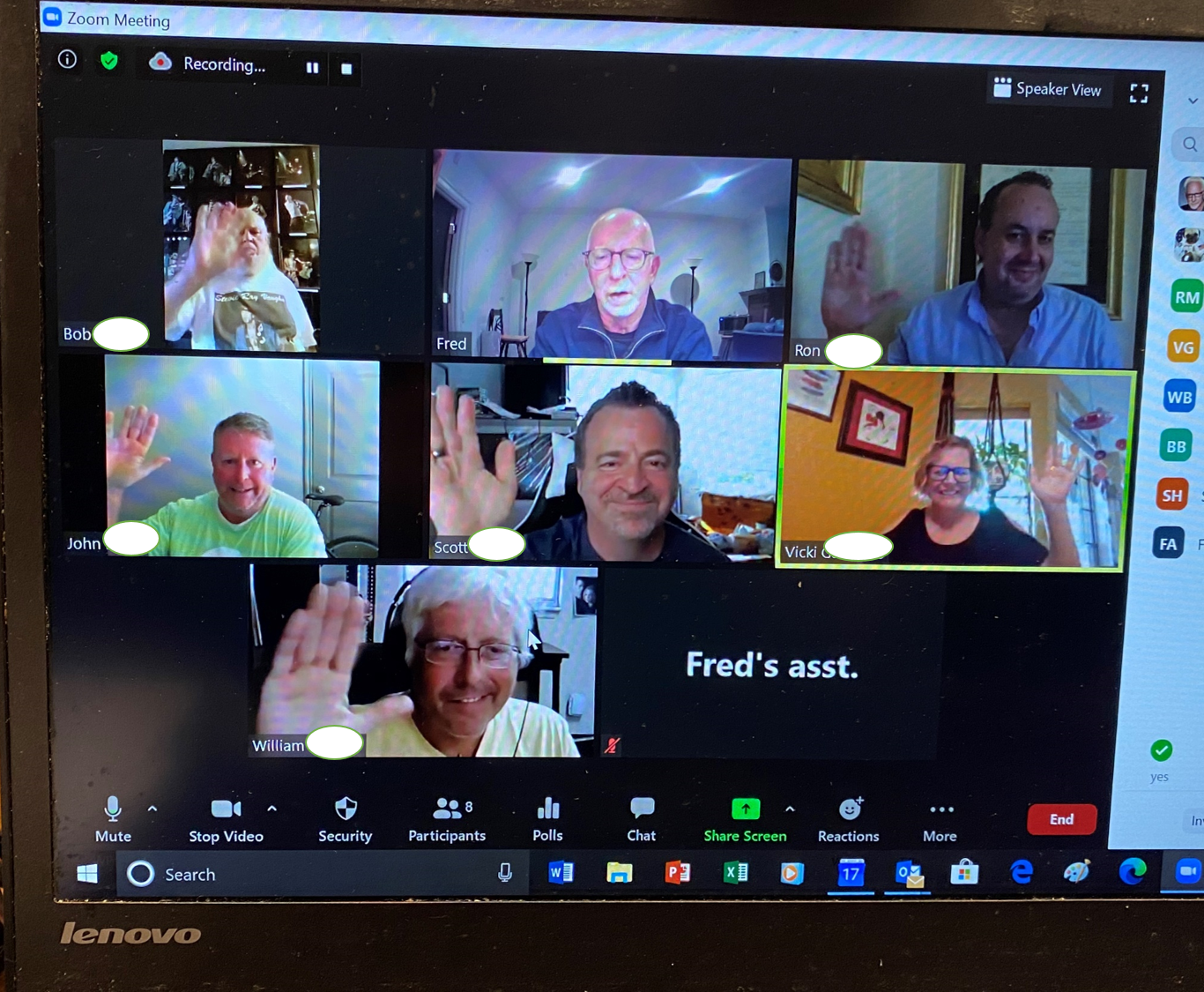
“Basic research is what I’m doing when I don’t know what I am doing.”
Wernher von Braun, aerospace engineer
You don’t need a rocket scientist to tell you that in order to navigate choppy waters, research is, in fact, the “secret sauce.” It’s been the foundation of my career – the knowledge I accrued when I launched the Classic Rock format in the ’80s, the Edge a few years later, and jacapps in the 2000s.
That’s not to say research guides every decision I’ve ever made, but as my friend and mentor, Tom Bender, once put it, research is a great “gut adjustor.” It’s your radar, especially when it gets stormy out there.
And it couldn’t be any stormier than it is today.
There are many different forms of research that have gained popularity over the decades in broadcast radio – perceptual studies, auditorium music tests, callout research, dial tests, and of course, the lowly focus group. Of all these different variants, those small panels have been most insightful to me over the years. I love to hear people talking about the product – a radio station, the medium itself, and the other ways in which they inform and entertain themselves.
Yet, of the many modes of research conducted in radio every year, focus groups tend to be the least popular. And their “bastard child” – the Listener Advisory Board group – is often minimized by classic researchers. The criticisms levied at focus groups are well-known: small sample sizes and loose discussions that can be sabotaged by one loud-mouthed jerk in the room usually rise to the top of the drawbacks list.
Focus groups have been much maligned by textbook researchers on the one hand and TV sitcoms on the other. If you ever saw the focus group episodes on Murphy Brown and Frasier, you might remember some of the best parodies of these mini-research panels. Progressive Insurance recently created their own version with the venerable Flo as moderator (“Flocus groups”) to send up just how absurd these groups can be. Flo’s expression at the end of the spot says it all.
https://www.youtube.com/watch?v=dX2HqUWmpaY
And yet, so many of the things I’ve learned over the years – some of the true gems – have been sparked by something I heard in a focus group. More often than not, I was able to go back to confirm the notion in a statistically valid survey. But the original idea was often born out of these strange melanges of people gathered around a fluorescently lit conference room.
A quick story…
When the aforementioned Tom Bender launched what was the original Classic Rock station in Dallas, the former WFAA-AM got new call letters – KRQX. And its fresh new slogan was “Good Time Rock N’ Roll.”
A few months after it went on the air, Bender decided to do focus groups to take the audience’s temperature, and flew me in to conduct them. Those  who had found this AM station down at 570 on the dial were very enthusiastic about what they were hearing. They were able to easily name core artists, specific songs they heard on the station, and the name of several DJs. So far, so good.
who had found this AM station down at 570 on the dial were very enthusiastic about what they were hearing. They were able to easily name core artists, specific songs they heard on the station, and the name of several DJs. So far, so good.
Until we came to the slogan. And in each group, not a single person could parrot back our catchy handle. So, I asked respondents how they refer to music on the station. What was it?
And on multiple occasions, the word “classic” (yes, sometimes “classical”) came up to signify it was music that had stood the test of time. We walked out of those groups in 1983 with a new slogan, “Classic Rock N’ Roll” – later shortened to “Classic Rock” – and the station and my company were off to the races.
All from a small group of strangers sitting around a table in Dallas, Texas.
When you need guidance, direction, and stories from real users, there is no substitute. And many programmers find themselves at a junction today. The radio listening experience is changing because users – whether they’re fans or casual listeners – are not in their comfort zones, physically or mentally. Between the unemployed and furloughed, the millions now working from home, and those who sadly have first-hand knowledge of COVID because of a personal experience, you don’t know your audience like you once did.
That’s why listening to them is a great idea right now. As our company was putting together our new COVID-19 surveys in early April and mid-May, I found I was missing a valuable piece of knowledge. Despite having more than 40,000 in these surveys, I wasn’t hearing the voices of listeners telling their stories about their experiences over the past several months.
The photo of me at the top of this post is the way I’ve spent literally thousands of hours during the course of my career. If I have a superpower, it’s conducting these panels – especially among radio listeners.
The first focus group I ever moderated was for WJR radio here in Detroit way back in 1976. I was working for the famous research firm Frank Magid at the time, and the experience was reminiscent of a kid who can’t swim getting thrown into the deep end of a pool.
You swim. And I haven’t stopped in 40-something years, literally conducting more than thousands of these groups for radio, and or clients as diverse as MTV, Comedy Central, and Playboy magazine. I’ve heard core listeners talk about what it’s like to listen to some of the best entertainers in radio, including Howard Stern, John Boy & Billy, Bob & Tom, Lex & Terry, Drew & Mike, John Holmberg, Steve Dahl, as well as most of the shows that have been the foundation of public radio. These small groups are a powerful, often a humbling tool that has helped me better understand our business, our art, and our audience.
Focus groups are my north star, my go-to methodology when a client needs a little healthy “re-centering.” They’ve helped me regain my programming equilibrium as well.
Until COVID-19, that is.
Like so many things, the pandemic has upended many of the things we all routinely have done in our personal and professional lives. And as you’d imagine, I have not boarded a Delta jet in the last few months to conduct focus or L.A.B. groups because of our unique new circumstances.
But a number of weeks ago while on a Zoom call with a team of colleagues, I started thinking about why those little boxes with my team members on the screen couldn’t just as easily be respondents. Instead of awkwardly being seated in an austere conference room, perhaps we could learn something from a new research format where everyone’s sitting in the comfort of their own homes.
And because people are bored out of their minds, and looking to talk to just about anyone, these relaxed virtual sessions have proved to be every bit as – if not more – productive than the real thing. I keep them a bit smaller (6-8 respondents) and shorter (an hour, tops) than a typical L.A.B. session. But respondents love them, they engage, they respect each other, and they’re thankful to be heard. (And no messy pizzas or M&Ms.)

The value of talking to P1s – especially now – cannot be underestimated. In public radio, they’re “members,” in Christian radio, they’re donors, and in commercial radio, they’re the folks who fill out diaries and carry meters. If you understand where they’re coming from, what moves them, and what matters right now, you’re well on the way toward better understanding how to do your job during the most difficult of times.
Where do these people come from? In the best of circumstances, they’re already members of your station’s email database, and in most cases, ready, willing, and able to take their place in a screen shot like the one above.
The late, famous marketer, Clayton Christensen, used observation and personal interviews to learn why people use the products they do. The classic  question, “Why hire a milk shake?” drove his research among regular fast food customers. And he used the same technique for every consumer product or service he investigated.
question, “Why hire a milk shake?” drove his research among regular fast food customers. And he used the same technique for every consumer product or service he investigated.
And the same is true for radio listeners. Or restaurant diners. Or car buyers.
The more you listen to them, the sharper your programming skills will become.
We’re conducting them for more and more Jacobs clients as these mind-blowing weeks roll on. We can help you with yours, you can hire a research company, or you can intuit how to do them for yourself.
Coming up tomorrow, we’re talking databases – why they’re one of the most important tools in your tool kit, and if you already have one, some ideas for how to best manage and use these incredible marketing assets.
We’re in scramble mode as COVID-19 disrupts our lives and our careers, but it’s also an opportunity to innovate, open new doors, and learn new things about our craft, and how to achieve success in this new environment. No one has a research budget at this point in time to launch an expensive investigation into what the audience is thinking today – especially when those opinions are likely to change soon.
A Ninja approach to research is what these agile groups are all about – a way to capture the emotions of an audience at a critical point in time.
Marketer Mike Gospe observes, “Whoever understands the customer best, wins.”
Perhaps that’s an over-simplification, but even Wernher von Braun would probably have observed that radio is not rocket science. It doesn’t get any more simple than focus or L.A.B. groups.
So, keep it simple, whether it’s just another fall book or the middle of a global pandemic.
- What To Do If Your Radio Station Goes Through A Midlife Crisis - April 25, 2025
- A 2020 Lesson?It Could All Be Gone In A Flash - April 24, 2025
- How AI Can Give Radio Personalities More…PERSONALITY - April 23, 2025




Fred, I’ve been almost BEGGING employers for years to conduct research focus groups. To no avail. The last one I remember (although maybe others have occurred “behind my back”) was in the early-90s—I think organized by your company.
Hopefully this great piece will help launch another dialogue. Is there such a thing as “virtual pizza” or snacks that L.A.B. participants can print out at home?
I’ll have to think about the virtual pizza idea. Maybe that’s what known as a Dominoes gift card. Thanks for the kind words.
All brilliantly stated – especially having had the honor of watch maybe a couple hundred out of the thousands of groups you’ve conducted. It’s maddening to have to beg for these in radio.
Indeed. We’re offering them to our client stations during the pandemic as part of our service package, and I’m pleased to tell you we’re getting requests for them.